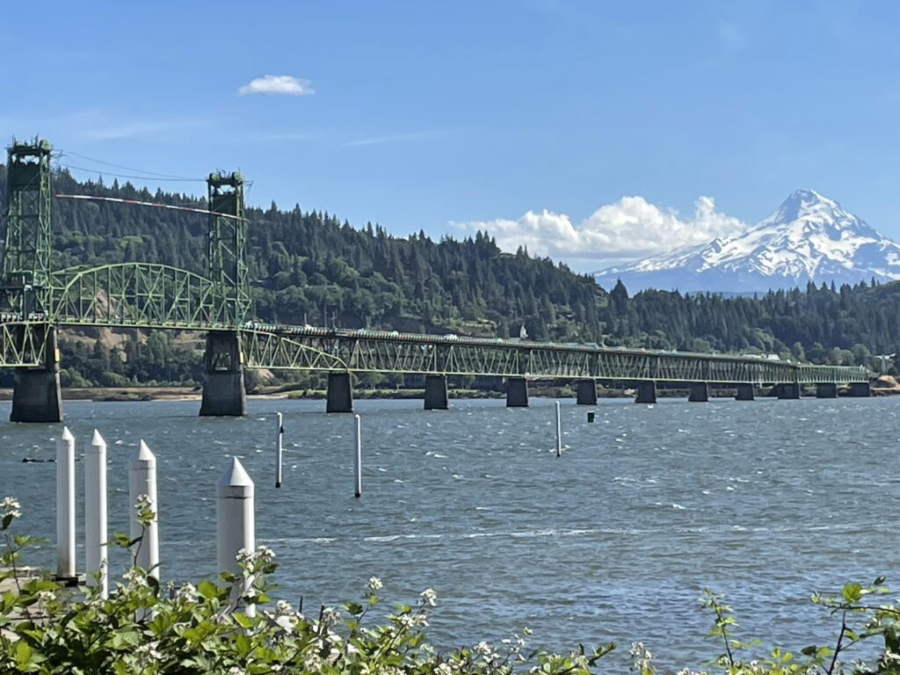The Columbia River Basin covers nearly 260,000 square miles, spanning 16 federally recognized tribal nations and seven states from Oregon and Washington to Wyoming. Over decades, it’s become contaminated by toxic waste from agriculture, forestry, recreation and hydroelectric power generation, harming the health of wildlife and leaving some fish species threatened, endangered or unsafe for consumption.
Among the recipients of the $31 million are the Confederated Tribes of the Grand Ronde and the Confederated Tribes of the Umatilla Indian Reservation. Each tribe will receive about $2 million to reduce pollution in Columbia River tributaries that each tribe depends on for fish. The Grand Ronde will launch a new effort to reduce pollution in the Willamette River Basin, and the Confederated Tribes of the Umatilla will target pollution in the Umatilla, Walla Walla, Snake and John Day tributaries to the Columbia River.
The Oregon Department of Environmental Quality will get $6 million to reduce the amount of agricultural pesticides, mercury and PFAS, often called “forever chemicals,” in the Columbia River Basin. Thousands of human-made PFAS, or perfluoroalkyl and polyfluoroalkyl substances, have been put into consumer and industrial products such as nonstick pans and flame retardants, and the EPA is just beginning to regulate them. They do not break down or go away naturally but instead have leached into rivers and streams, contaminating water and are now in the blood of nearly everyone in the U.S., according to the Centers for Disease Control and Prevention.
The Portland-based nonprofit Salmon-Safe will get $6 million to continue growing its network of farmers, ranchers, developers and tribes along the river, who take on voluntary measures to protect water quality and quantity. In exchange, the producers earn the Salmon-Safe label, appealing to some consumers. Several Portland and Corvallis-based nonprofits collaborating with EPA will get between $4 million and $5.5 million to work on projects that can reduce stormwater runoff into the Columbia River.



